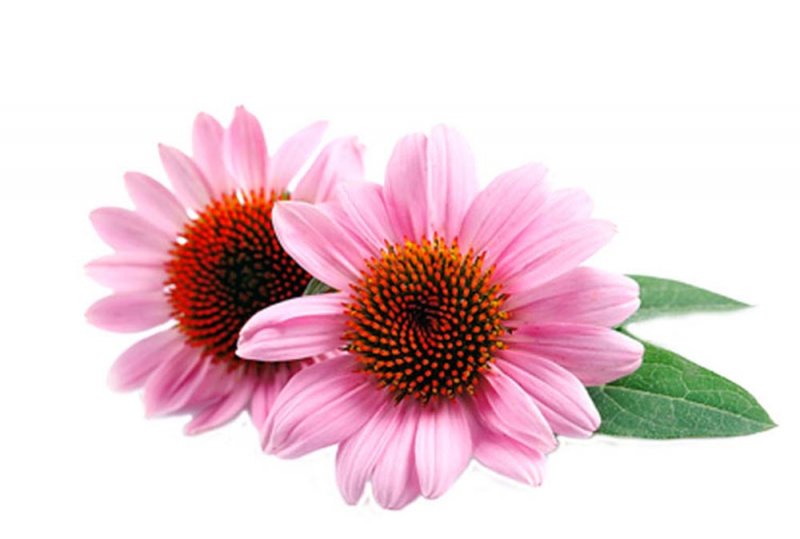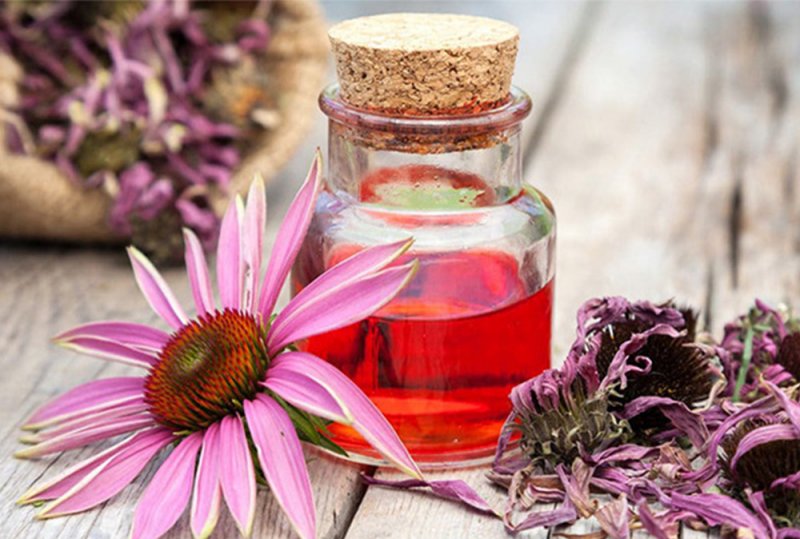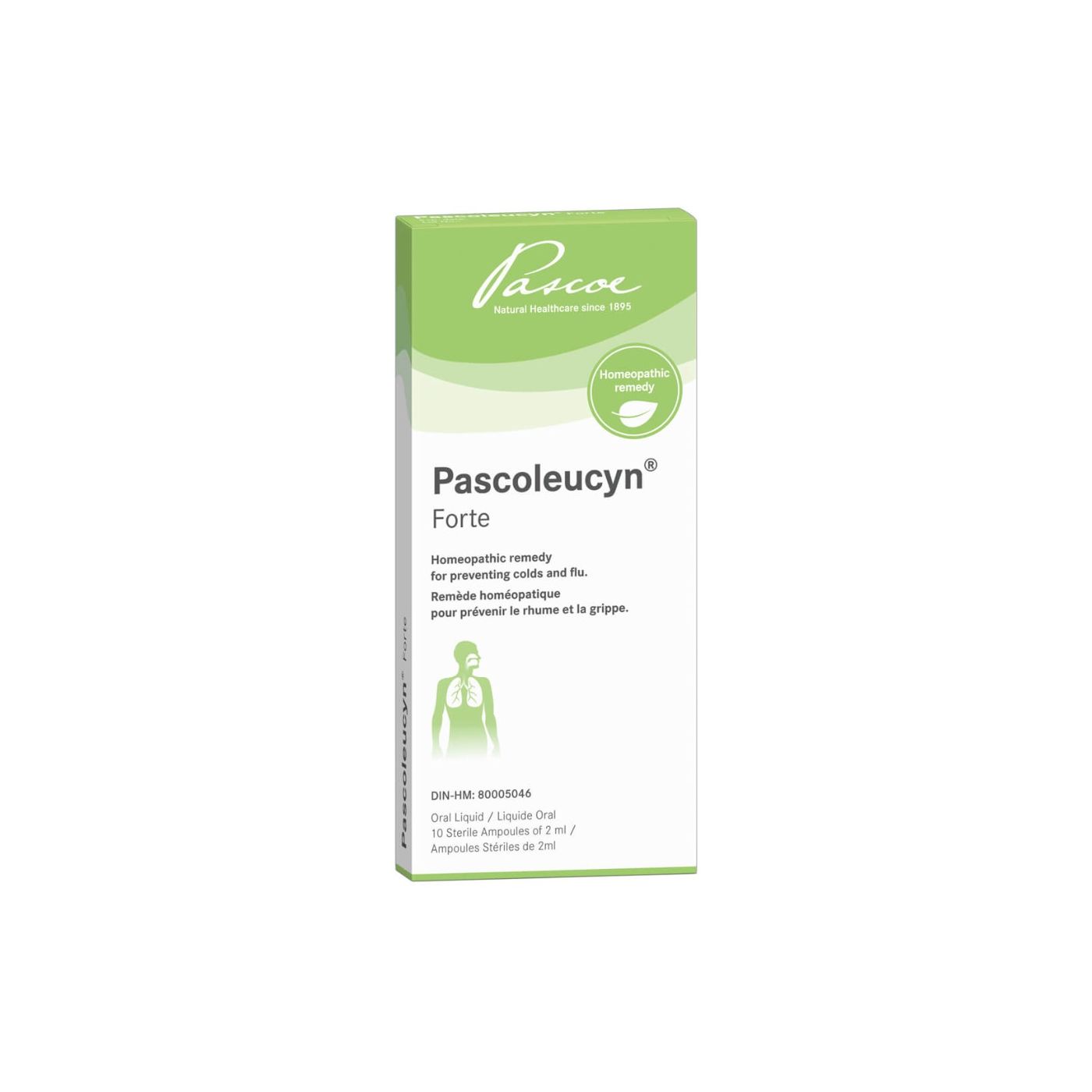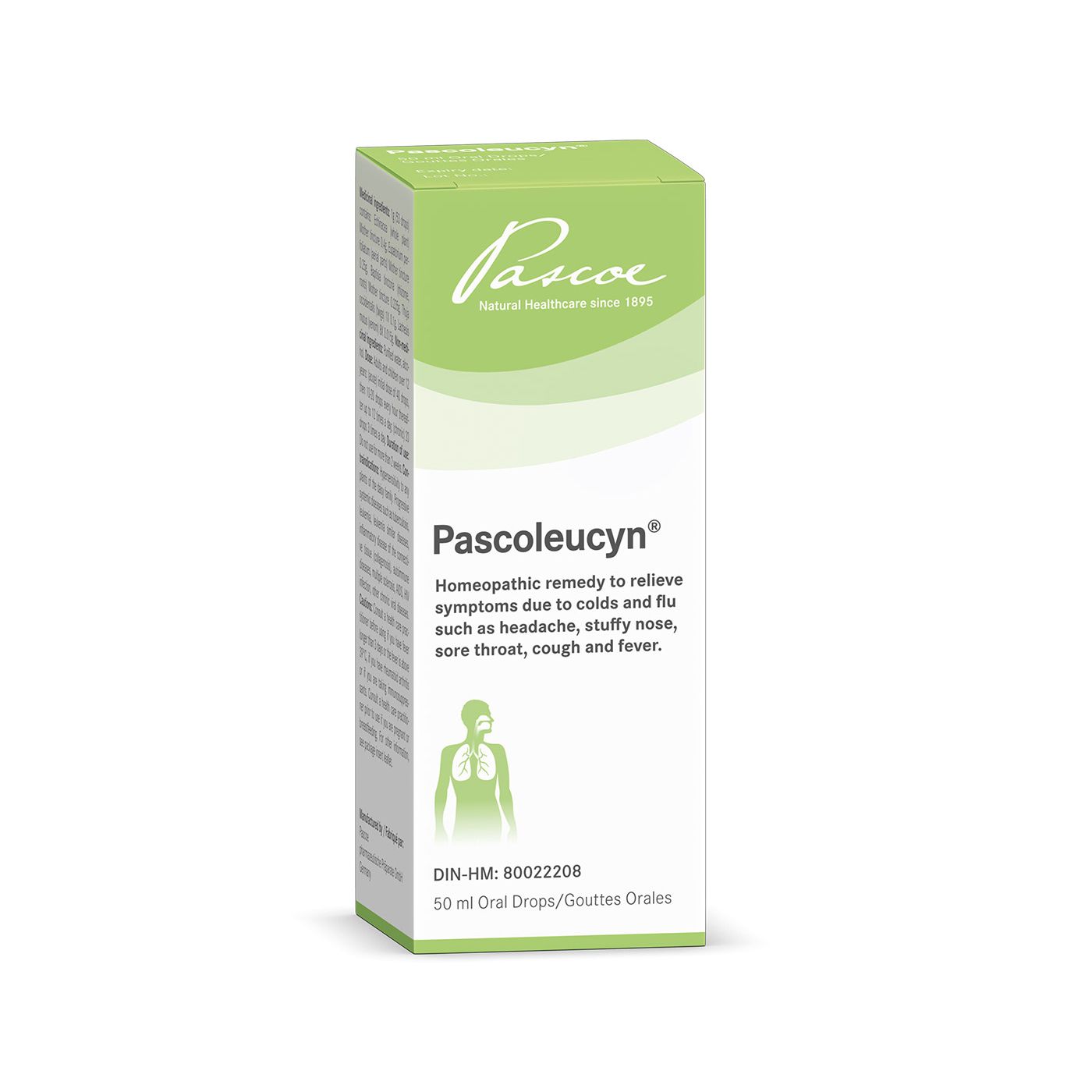Thyme


Echinacea
Echinacea purpurea or purple coneflower is one of the most popular herbs. The plant is native to North America where it has been used as an herbal remedy for centuries.
Native Americans treated infections, wounds, and other ailments with echinacea. Later, settlers followed their example and began using the native plants as medicine. Even though the herb was popular for such a long time, the introduction of antibiotics in the United States caused it to be used less.
However, echinacea preparations became popular again throughout the 20th century, especially in Germany. This is where most of the scientific research on the medical herb has been conducted. Since echinacea preparations tested in clinical trials differ greatly, study results are not consistent.
Today, people widely use echinacea as a treatment for the common cold and flu. It can relieve and reduce symptoms such as sore throat, cough, stuffy nose, or fever. The herb is also thought to support healthy immune function. It helps the body fight infections and reduces the chances of catching a cold.
Other Echinacea purpurea uses include topical treatment of wounds, psoriasis, and other skin issues. For its anti-inflammatory and antiseptic properties, it is also often found in skincare products.
Origin and types
Echinacea purpurea is a perennial plant that is native to North America. The flowers can be found growing in the wild but are also easy to grow.
The plant belongs to the Asteraceae family, also known as daisy family. This very large family includes many other flowering plants such as sunflowers, calendula, or chamomile.
Echinacea should not be confused with black eyed susan. These closely related plants are also sometimes called coneflowers. However, the genus Echinacea is considered as “true” coneflowers. Their spiky flower heads are cone shaped.
There are nine Echinacea species, but only three are used in herbal medicine. Echinacea purpurea is the most widely cultivated one. For its purple petals it is known as purple coneflower or eastern purple coneflower. Both the herb top and roots of the plant can be used in herbal medicine.


Echinacea pallida is commonly called pale purple coneflower. Its dried roots are usually used for medical purposes.
Echinacea angustifolia is known as narrow-leaf coneflower or black sampson. Mainly the dried roots or rhizomes are used for medicinal preparations. E. purpurea is used most often but can sometimes also be combined with E. angustifolia.
What does the plant look like?
Echinacea plants are flowering perennials. They have tall stems that bear single flowers. Depending on the species, the petals are pink or purple.
Each flower has a spiny central cone. This cone is dark reddish-brown and is the seed head. The showy flowers have a long bloom time from July to October.They like full sun and attract butterflies. They also attract birds and seem to be deer resistant.
Once the flowering season is over, the seed heads start turning brown. They hold many small seeds that resemble grains of rice.
Where does the name come from?
The name Echinacea is derived from the Greek word echinos. It means hedgehog or sea urchin and aptly describes the spiny seed head of the flower.
The shape and colour of the flowers are also the reason for Echinacea purpurea′s common name purple coneflower. Purpurea means purple in Latin.
Echinacea purpurea as a medicinal plant
Numerous scientific studies have been done with echinacea. Most of these studies investigated potential Echinacea purpurea benefits for treating or preventing the common cold.
Most of the studies show mixed results. Some studies suggest that Echinacea purpurea preparations using the herb tops might be effective for the early treatment of colds in adults. Other scientific studies see no benefit in taking echinacea products to treat cold symptoms.
Research on use of echinacea for preventing the common cold is also mixed. From the results of over a dozen studies, scientists concluded that taking Echinacea for prevention could reduce the risk of catching a cold by over 50%. Other research reports that taking echinacea does not prevent the common cold when persons are exposed to cold viruses.
The problem is that the studies have not been consistent. They have used different types of echinacea plants and different methods of preparation. They have also tested different dosages and included different patient groups.
This makes a scientific comparison difficult. It might be possible that some echinacea preparations are better than others. It could also be that the preparations are useful against some, but not all, of the over 200 viruses that cause colds.
Nevertheless, research findings demonstrated that echinacea extracts affect the functioning of the immune system. They act as so-called immunomodulators. This means they modify and modulate the immune response.
Test tube studies showed immune enhancing effects of Echinacea purpurea root extract. However, E. angustifolia or E. pallida might have more anti-inflammatory potential. These again are reasons why echinacea is used to prevent or treat the common cold.
Research has also shown that echinacea extracts may help treat common skin concerns. Scientists found that echinacea’s anti-inflammatory and antibacterial properties show great potential to improve eczema symptoms or acne.
Echinacea purpurea also contains many beneficial constituents to protect the skin from oxidative stress and to improve its hydration. A small study in healthy participants reported the effectiveness of E. purpurea containing skincare products to improve skin hydration and reduce wrinkles.
Medicinal Properties of Echinacea purpurea
- stimulates and modulates the immune system
- antimicrobial - helps with bacterial or viral infections
- helps with inflammations
- repairs tissue damage
Test-tube studies have also shown that echinacea may potentially improve blood sugar and anxiety. Even anti-cancer effects have been reported for the herb. However, more high-quality clinical studies on echinacea are needed.
How and what is it used for
Today, most people use echinacea for the common cold and flu. The herbal remedy is believed to boost the immune system. It is used to reduce symptoms of the infection and to shorten its duration.
However, echinacea is also used to relieve pain, infections, hay fever and more. It is applied to the skin for slow-healing wounds and other skin issues.
The plant’s cut flowers and roots are dried and made into extracts, tinctures, teas, and more.
Health Canada approves the traditional use of E. purpurea in herbal medicine
- to help relieve symptoms of colds and upper respiratory tract infections
- to help fight off infections, especially of the upper respiratory tract
- as supportive therapy in the treatment of upper respiratory tract infections (e.g., common colds)
- to help to relieve the symptoms and shorten the duration of upper respiratory tract infections
How does it work?
The different parts of the plant contain many different active substances. However, they all contribute to the medicinal effects of echinacea.
These compounds include alkamides, caffeic acid derivates, and polysaccharides. They are believed to stimulate the immune system and have anti-inflammatory activities.
Other important active compounds are polyacetylenes, glycoproteins, and antioxidants. Antioxidants are molecules that help defend the cells against oxidative stress. One major antioxidant in echinacea is cichoric acid.
Alkamides can further strengthen the antioxidant activity of cichoric acid. This shows that it is the combination of all these substances that make the herb so effective.


What makes Echinacea purpurea different?
Echinacea is a medicinal herb that helps the body to fight off infections and heal from illness. Yet, it also supports the immune function which can help to prevent getting sick in the future. It both treats symptoms as well as the underlying reason for an infection or common cold in the first place.
Cautions and drug interactions
Echinacea taken by mouth seems to be likely safe for most people in the short-term. The safety of long term use is not certain. However, some products have been used safely for 4 to 6 months.
Some people may experience side effects, including digestive tract symptoms, headaches, or dizziness.
Allergic skin reactions with redness, itchiness and swelling have been reported in children as well as in people allergic to plants of the daisy family. These include ragweed, chrysanthemums, marigolds, or daisies. Stop use if hypersensitivity or allergic reaction to echinacea occurs.
Echinacea preparations should not be used in patients with a medical condition that affects their immune system. This includes tuberculosis, collagenosis, multiple sclerosis, AIDS or HIV infection, or an autoimmune disease.
Echinacea should also not be used if you are taking drugs to suppress your immune system. Theoretically, the herb might stimulate the immune system which could make these conditions worse.
In addition, echinacea may have an impact on liver metabolism. This means it could affect the speed at which the liver removes certain medications and make those more or less effective.
Therefore, talk to your doctor before taking echinacea if you are on medication, pregnant or breast-feeding.
Pascoe products that contain Echinacea:
Disclaimer
Pascoe Canada does not offer health or medical advice as we are not a healthcare practitioner. Please speak with your healthcare practitioner before beginning any program related to nutrition, diet, exercise, fitness, medical, and/or wellness. All content published by Pascoe Canada is developed through collaborating with licensed medical professionals and contributors. This includes text, graphics, images, and other material on the website, newsletter, and products (“Content”). This content is for informational purposes only and does not constitute medical advice. The content does not substitute professional medical advice, diagnosis, or treatment. Please always do your own research on whether this is for you along with your healthcare practitioner advice. Always consult your healthcare practitioner prior to use specific herbs because you might have underlined conditions needs professional care. The content is general in nature and are subject to change. It is not intended to cover all possible uses, directions, precautions, warnings, drug interactions, allergic reactions, or adverse effects.




